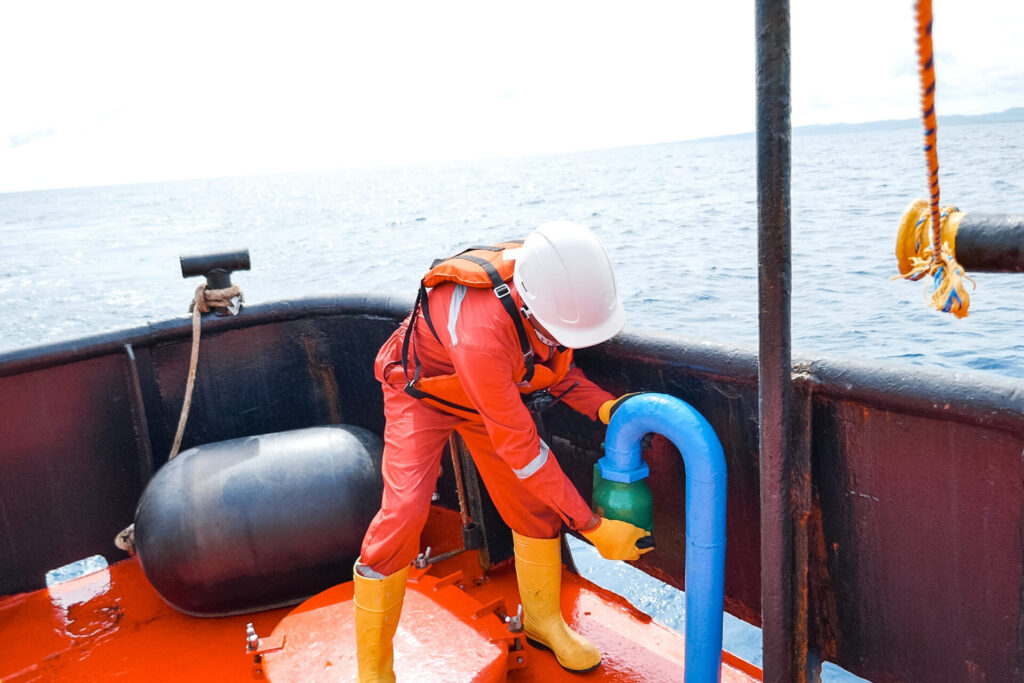Ensuring Smooth Sailing: Reliable Water Supply for Ships in PNG Waters

Sailing through the pristine waters of Papua New Guinea (PNG) is an experience like no other. From the vibrant coral reefs to the lush coastal landscapes, PNG’s maritime environment is both breathtaking and challenging. For ships navigating these waters, one of the most critical needs is access to clean, reliable water. Whether it’s for drinking, cooking, bathing, or even cooling machinery, water is essential to keep crews healthy and operations running smoothly. In a region where resources can be scarce and logistics complex, ensuring a steady water supply is no small feat. Fortunately, specialized services like those provided by PNG Manpower Ltd. have made this process efficient and hassle-free.
The Importance of Water on Ships
Water is the lifeblood of any vessel at sea. It’s not just about staying hydrated; water is used for cooking meals, maintaining hygiene, and even supporting technical operations. Without a reliable supply, ships can face significant challenges, from health risks for the crew to disruptions in their operations. In remote areas like PNG’s waters, where access to resources is limited, having a dependable partner to deliver water is invaluable.
How Water is Delivered to Ships
The process of supplying water to ships in PNG waters is a well-coordinated effort that combines technology, expertise, and precision. Here’s how it works:
- Request and Planning: It all starts with a request from the ship’s captain or crew. They communicate their water needs, including the quantity required and their location. Service providers like PNG Manpower Ltd. then plan the delivery, taking into account factors such as the ship’s schedule and the nearest available water source.
- Specialized Equipment: Water is transported using specialized barges or tankers equipped with large storage tanks. These vessels are designed to carry significant quantities of clean, potable water that has been treated to meet international safety standards. This ensures the water is safe for drinking, cooking, and other onboard uses.
- Efficient Delivery: Once the barge or tanker reaches the ship, the water is transferred using hoses and pumps. This process is quick and efficient, minimizing downtime for the ship. The crew can then store the water in their onboard tanks, ready for immediate use.
- Quality Assurance: Before delivery, the water undergoes rigorous testing to ensure it meets safety and quality standards. This step is crucial to protect the health of the crew and the smooth operation of the ship.
Why This System Works
The effectiveness of this water supply system lies in its combination of local expertise, advanced technology, and flexibility. Service providers in PNG understand the unique challenges of the region’s maritime environment, from navigating remote waters to complying with local regulations. They also use modern equipment and techniques to ensure fast and reliable deliveries. Whether a ship needs a small top-up or a large-scale supply, the service is tailored to meet their specific needs.
The Impact on Ships and Crews
For ships operating in PNG waters, having a reliable water supply is a game-changer. It means the crew can stay hydrated, prepare meals, and maintain hygiene without worrying about running out of water. It also allows ships to focus on their primary tasks, whether that’s transporting goods, fishing, or exploring the beautiful PNG coastline.
In the vast and sometimes unpredictable waters of PNG, access to clean water is not just a convenience—it’s a necessity. Thanks to efficient and well-organized services, ships can sail with confidence, knowing that their water needs are in capable hands. It’s a behind-the-scenes effort that keeps everything on track, ensuring smooth and successful voyages. So, the next time you see a ship gliding through PNG’s waters, remember the quiet but vital role of water delivery in keeping it afloat.